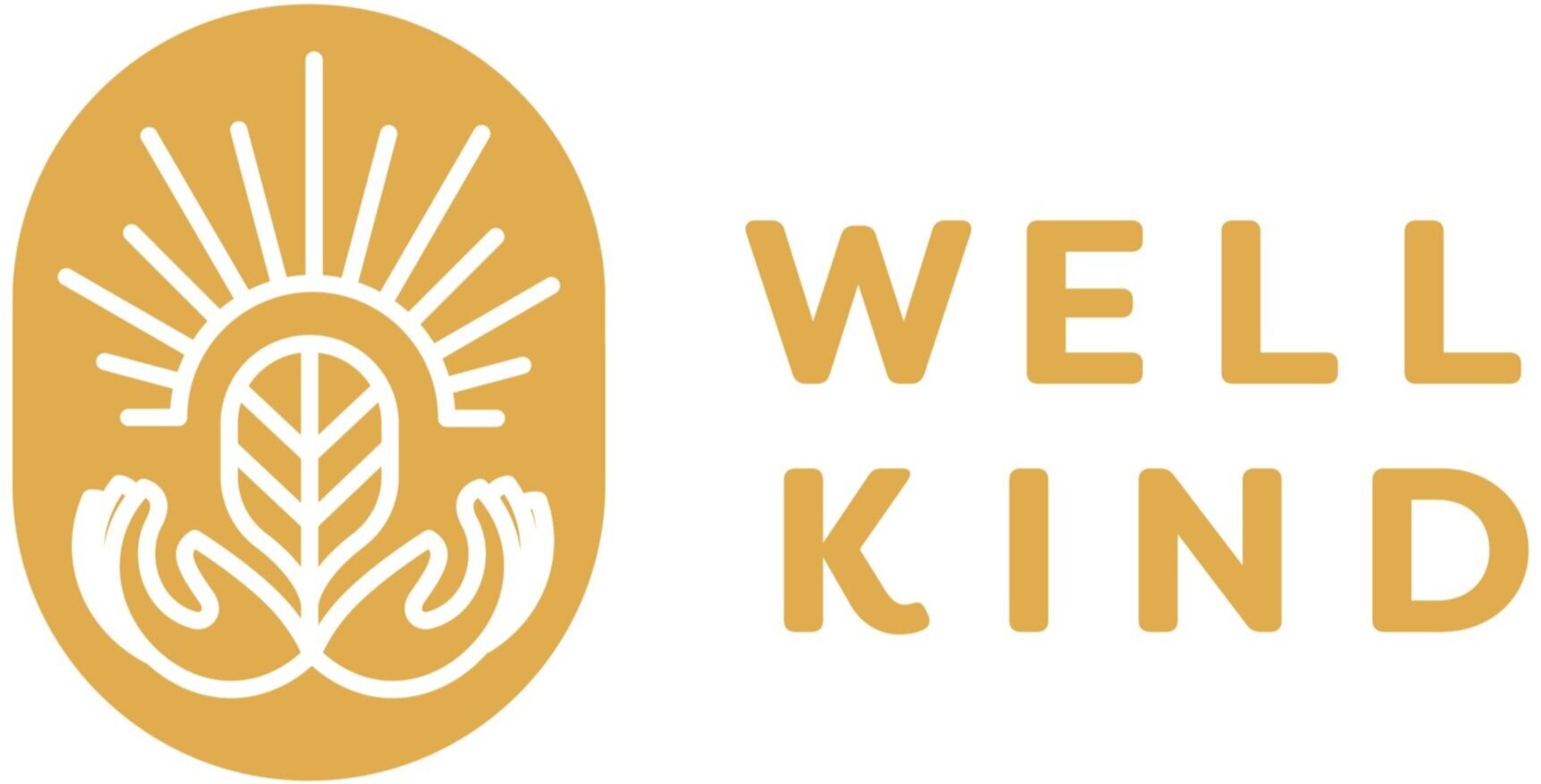Agroforestry
Alongside our Reforestation program we support local coffee farmers to diversify their farmlands using native species of trees and understory crops. This program trains farmers in agro-ecological solutions to the problems they are facing, many of which are connected to climate change.
The goal of employing agroforestry methods is to make existing farmlands more productive and ecologically healthy so that farmers can use fewer pesticides and fertilizers. Our local team gives workshops and demonstrations to show farmers alternative methods for having plentiful harvests while taking care of the environment. For instance, our program promotes the use of trees and understory crops that create nitrogen fixation in coffee fields, which in turn diminishes the need for chemical fertilizers.
The Wellkind team also works closely with farmers to implement basic permaculture principles like living fences, planting on contour, and intercropping, which helps make their land more productive. Once all beneficiaries have received training, we distribute fruit and wood trees that are appropriate for the ecosystem where the farmer is working.
OUR Impact
Using ARCGIS software our team tracks the survivability of trees, stores beneficiary information, and keeps track of species planted. This subsequent monitoring and evaluation of all trees planted is a core element of our program. As a result of this program, farmers spend less money on chemical fertilizers, have good soil health in their fields, and end up having fewer contaminants run off into the waters of Lake Atitlán.
We would like to expand the impact of this program by connecting local coffee farmers with fair trade markets where they can get above market value prices for their coffee. Our team now has a large network of farmers and we are currently exploring ways in which we can support their crops to not only be more sustainable, but also more valuable.

